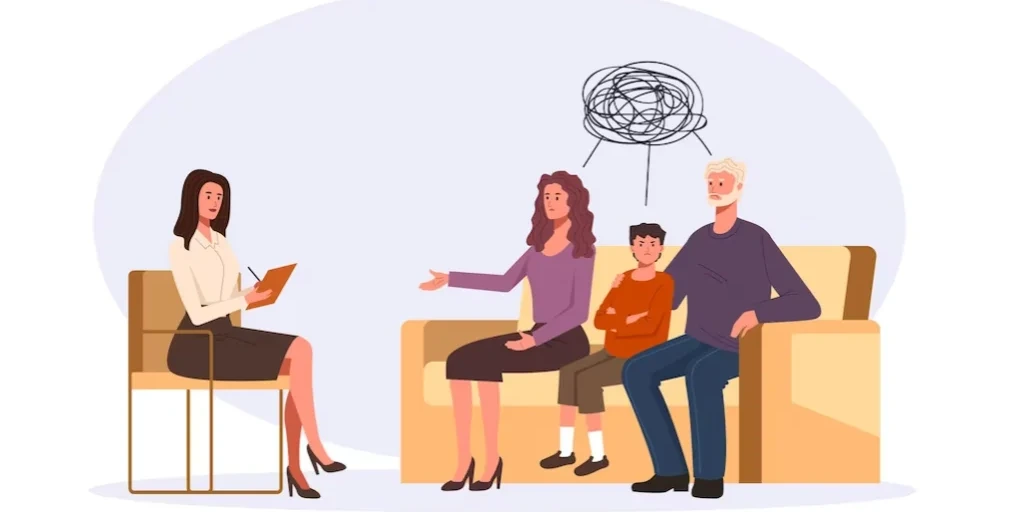encompasses a vital component of addiction treatment, addressing various forms of substance use disorders and behavioral addictions. In Valley Village, these rehab centers focus on creating a supportive community where individuals battling addiction can share their experiences, gain insights from others, and build emotional resilience. Commonly treated addictions include alcohol, prescription drugs, opioids, and illicit substances like cocaine and methamphetamine. Additionally, behavioral addictions, such as gambling and internet addiction, are also prevalent issues tackled through group therapy sessions. The treatment approach revolves around evidence-based therapeutic methods that emphasize mutual support, including techniques like Cognitive Behavioral Therapy (CBT) and Dialectical Behavior Therapy (DBT), adapted for group settings. Utilizing group interactions enhances accountability and fosters a sense of belonging, which are crucial for recovery. Historically, the emergence of group therapy in rehabilitation dates back to the mid-20th century, as mental health professionals recognized the power of shared experiences in fostering change and recovery. Over the years, rehab centers focusing on group therapy in Valley Village have established themselves as a beacon of hope, profoundly impacting the local and national landscape of addiction treatment. These centers not only provide necessary interventions but also facilitate long-term recovery pathways through peer support.
Learn more about Group Therapy centers in Valley Village
















































